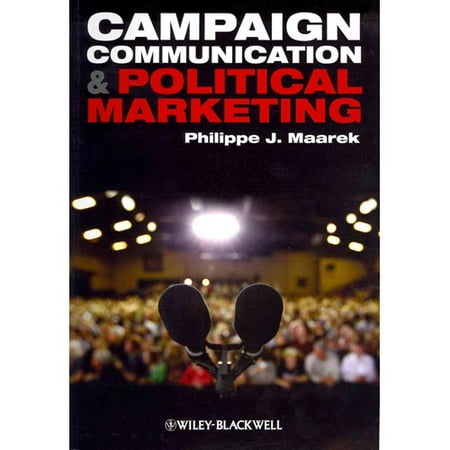The Role of Social Media in Politics
https://admateacademy.blogspot.com/2017/07/the-role-of-social-media-in-politics.html
Business to business (B2B) social is still growing at a slow pace, but there is a significant increase in the level of awareness about social media in business and industry. Currently, over 84% of top executives use social media to conduct search before taking a decision to make a purchase. Research also shows that 94% of Internet users are working class people, who fall within the age bracket of 25 to 34 years, and they constitute 2.3 billion active social media users worldwide.

Politics have also experienced its fair share of the impact of social media, as some politicians have used social media to build a strong support base with a large number of followers, especially on Facebook and Twitter. President of the United State, Donald Trump, ranks as one of the most popular personalities on Twitter, with over 34 million followers, leading Jack Dorsey, the CEO of Twitter himself, who has only 3.9 million followers.
During the presidential campaign, Trump featured prominently on social media, using the platform successfully, to rebuff negative public opinion from both the opposition party and the media, CNN in particular. Obama, the immediate past president of the United State, till date, leads both on Twitter with over 92 million followers, and over 40 million followers on Facebook. He, for the first time in the history of America, successfully attracted the largest ever youths votes in a US election, which became possible as a result of social media.
The All People Congress (APC), which is the ruling party in Nigeria, also deployed social media heavily in convincing the youths and the middle class population, which were already dissatisfied with the Jonathan led People Democratic Party (PDP) government, to vote in President Buhari in the 2015 election.
Social media has a strong influence on the growing youth population, which is about 50.5%, and more than half of the world population. There are 3.8 billion unique mobile phone users globally, and 2 billion of that number are social mobile users, largely made up of the youth population. Politicians who are following the trends will always understand that they have to connect with the teaming youth population who are on social media, for them to have a successful election.
Some politicians invest millions of dollars on social media, promoting their electoral campaigns; therefore, it is more than just having an online presence. It requires engaging a good social media marketing team that will develop a marketing strategy that will reach out to the youth audience, using the most effective social media platforms. Research has shown that social media is three times more effective than billboards, newspaper, radio and TV combined, and it is 67% less expensive.
The reason why digital media campaigns are more effective, is that they are touch-centric, which means that it is possible to count the number of views and clicks, and politicians can receive instant feedbacks from those following them. Traditional advertising is speculative in gathering their analytics of the numbers of persons reached.
The battlefield of modern day politics is on social media and politicians who undermine the power of social media, always live to regret their decisions. Social media is no longer an option, but a necessary campaign tool.
The All People Congress (APC), which is the ruling party in Nigeria, also deployed social media heavily in convincing the youths and the middle class population, which were already dissatisfied with the Jonathan led People Democratic Party (PDP) government, to vote in President Buhari in the 2015 election.
 |
| © EliteDaily/MonkeyLearn |
Some politicians invest millions of dollars on social media, promoting their electoral campaigns; therefore, it is more than just having an online presence. It requires engaging a good social media marketing team that will develop a marketing strategy that will reach out to the youth audience, using the most effective social media platforms. Research has shown that social media is three times more effective than billboards, newspaper, radio and TV combined, and it is 67% less expensive.
The reason why digital media campaigns are more effective, is that they are touch-centric, which means that it is possible to count the number of views and clicks, and politicians can receive instant feedbacks from those following them. Traditional advertising is speculative in gathering their analytics of the numbers of persons reached.
The battlefield of modern day politics is on social media and politicians who undermine the power of social media, always live to regret their decisions. Social media is no longer an option, but a necessary campaign tool.





















FOLLOW US ON SOCIAL MEDIA